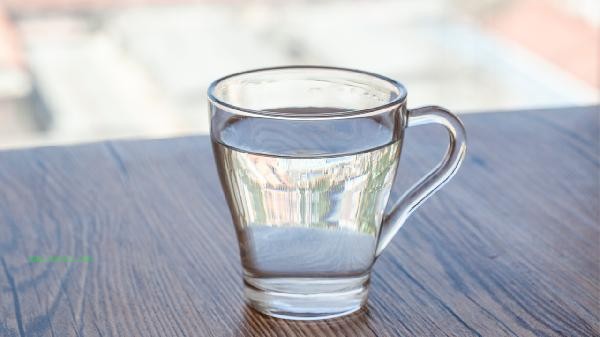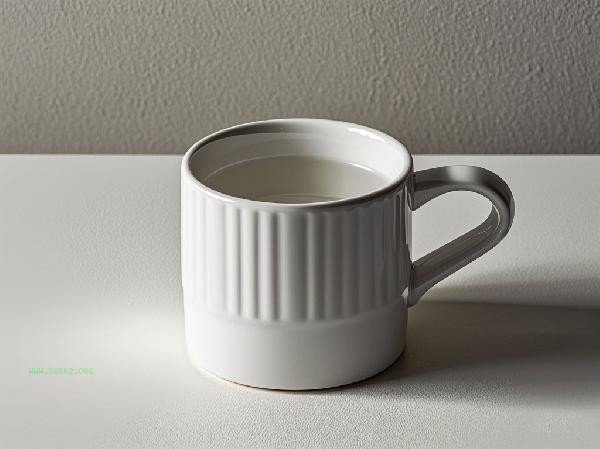The scale in the basin can be cleaned with white vinegar, citric acid, baking soda, specialized cleaning agents, or toothpaste. Scale is mainly formed by the deposition of calcium and magnesium ions in water, and long-term accumulation can affect aesthetics and may breed bacteria.

1. White Vinegar
The acetic acid in white vinegar can react chemically with calcium carbonate in scale to produce water-soluble substances. Pour white vinegar into a spray bottle and spray it onto the scale on the basin. Let it sit for a while and then wipe it with a soft cloth. For stubborn scale, a tissue soaked in white vinegar can be applied to enhance the dissolution effect. This method is environmentally friendly and does not damage the ceramic glaze surface.
2. Citric acid
Citric acid is a natural organic acid that reacts with scale to form calcium citrate, which is easily removed. Dissolve citric acid powder in warm water to make a solution, dip it in a sponge, and repeatedly scrub the scale area. Compared to white vinegar, citric acid solution has no strong odor and is suitable for people who are sensitive to odors. It also has antibacterial properties.
3. Baking soda
Baking soda decomposes scale through slight friction and weak alkaline action. Mix baking soda with a small amount of water to make a paste, use a soft bristled brush or sponge to dip it, and then wipe the scale area in circles. This method is suitable for cleaning mild scale, which can avoid scratching the surface of the basin with hard objects. After cleaning, a protective layer can be formed to delay the regeneration of scale.

4. Special cleaning agent
Commercial scale cleaning agents contain surfactants and acidic components, which can quickly decompose stubborn scale. Dilute according to the instructions when using to avoid contact between the original solution and the skin. Cleaning agents have a rapid effect but may contain chemical components. It is recommended to wear gloves and rinse thoroughly. They are not suitable for frequent use.
5. Toothpaste
The abrasives and surfactants in toothpaste can physically remove scale. Choose regular white toothpaste and squeeze it onto a damp soft cloth to directly wipe off the scale. This method is suitable for local small-scale cleaning and has a polishing effect on the glaze surface, but the cleaning efficiency is low and needs to be used in conjunction with other methods. Timely wiping off the surface moisture of the basin after daily use can effectively prevent the formation of scale. Wiping with citric acid solution once a week can maintain cleanliness and avoid using strong acid cleaners. For old scale, physical methods can be used to scrape off the surface first, followed by chemical cleaning. Pay attention to ventilation when cleaning, and choose corresponding cleaning methods for different material basins. Avoid using hard objects to scratch enamel and glass basins. Regular cleaning not only maintains hygiene, but also extends the service life of the basin.










Comments (0)
Leave a Comment
No comments yet
Be the first to share your thoughts!